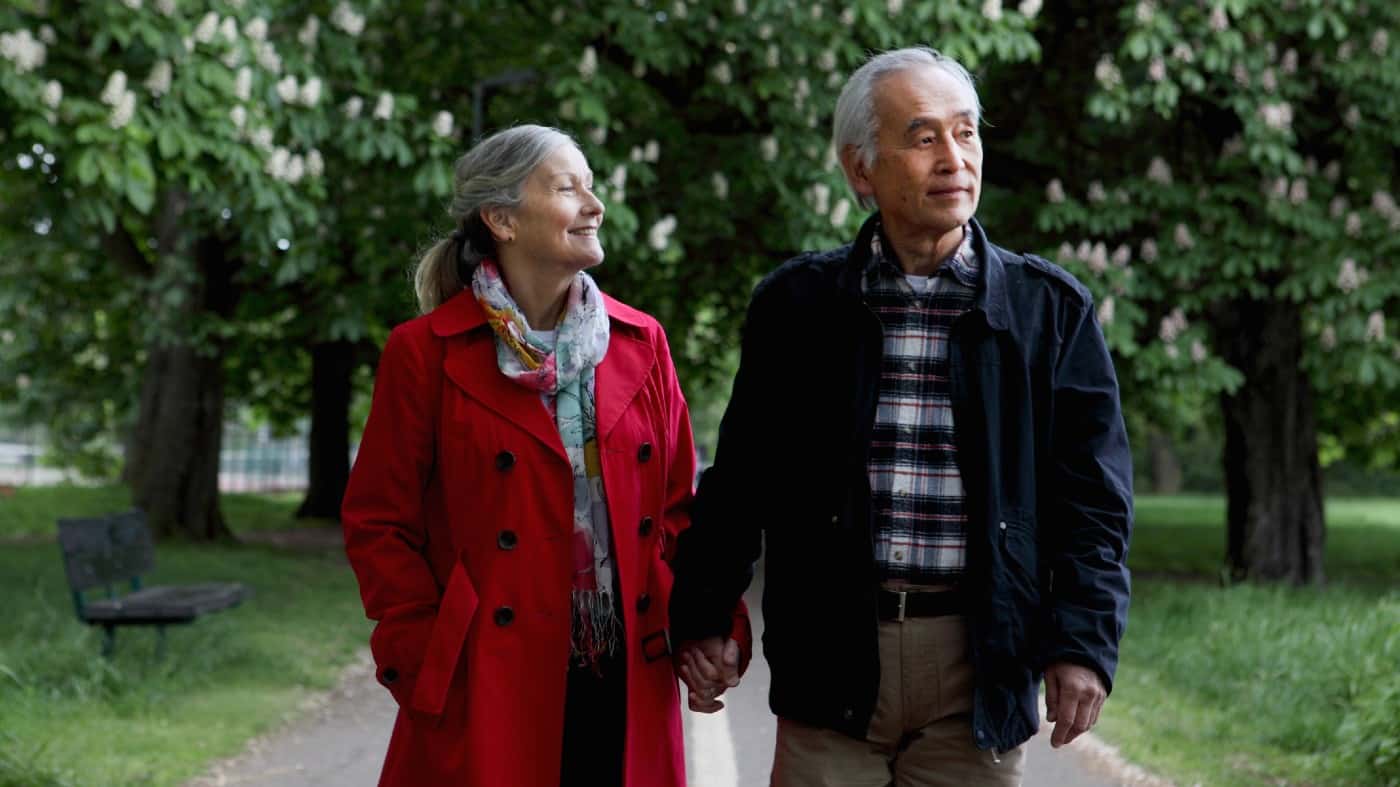Unlock the Editor’s Digest for free
Roula Khalaf, Editor of the FT, selects her favourite stories in this weekly newsletter.
Giorgia Meloni has warned that Ursula von der Leyen only has a “fragile majority” for a second term at the helm of the European Commission, unless a deal to distribute the bloc’s top jobs takes into account Rome’s demands.
Meloni was speaking ahead of an EU summit on Thursday that is to decide the line-up of senior positions. The Italian prime minister slammed a group of six centrist EU leaders for sealing a deal that for a second time excluded her.
Meloni called the consensus reached without her own hard-right European Conservatives and Reformists (ECR) “a mistake” and warned that the nominees were “destined to have difficulties in the European legislature”.
Von der Leyen needs to secure the support of the EU’s 27 leaders and then a majority in the European parliament to remain in the post. The ECR became the third-largest group in the EU legislature after elections earlier this month.
The Italian leader’s fierce criticism came a day after officials representing Europe’s three centrist political groups agreed on the nominees for the bloc’s top jobs in negotiations in which Meloni did not participate.
Along with von der Leyen, the list includes Portugal’s former prime minister António Costa — a social democrat — as the next European Council president and Estonia’s liberal Prime Minister Kaja Kallas, as the bloc’s chief diplomat.
Meloni’s exclusion marks the second time that she has been sidelined, after leaders representing the same three centrist groups, including France’s Emmanuel Macron and Germany’s Olaf Scholz, came up with names at a closed-door meeting ahead of an informal summit earlier this month.
An EU diplomat said the process appeared to “have the political intent of wanting to demonstrate that [Meloni] is not central as a political force”.
Speaking in the Bundestag on Wednesday, Scholz said he hoped for a swift agreement among the European leaders on the trio of nominees.
“These are good appointments and a clear decision for a good European future.” Scholz said. “I very much hope that we reach an agreement on this at the EU summit. We can’t afford any impasse in such difficult times. The people don’t want to see a row over jobs — they want to see their European institutions work quickly.”
However, Meloni has vowed to fight Europe’s “conventio ad excludendum” — or exclusionary decision-making — and continue to pursue an influential commission job for Italy.
“We have asked and will ask again for a political change of pace in line with the message given by the polls,” she said.
Meloni noted that the ECR group had overtaken Macron’s liberal Renew group as the third-largest political family in the European parliament and would historically have been granted a say in the line-up for the top three jobs.
She accused fellow European leaders of changing the process in an anti-democratic manner because “the third group today is a group that is not liked by the others”.
Together, the votes of the centre-right European People’s party, social democrats and liberals would in theory give von der Leyen about 410 seats, above the 361 majority required for a second term. But historically, about 10 per cent of European lawmakers defect in the secret ballot — which would leave a tight margin for von der Leyen’s re-election.
Support from the 24 MEPs from Meloni’s Brothers of Italy party would provide a more comfortable cushion for von der Leyen. But the price of Meloni’s support is thought to be a senior economic portfolio — something also sought by her nemesis Macron.
On her way to Brussels, Meloni said she would work “to ensure that our nation is best represented in the top positions of the European Union”.
Additional reporting by Guy Chazan in Berlin and Giuliana Ricozzi in Rome
Credit: Source link














